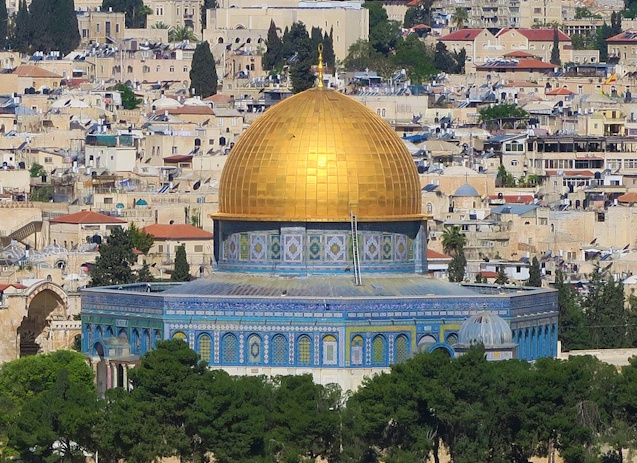Israel vs Lebanon: A Comprehensive Comparison
1. Introduction
Israel and Lebanon are two neighboring countries in the Middle East, each with rich history, cultural diversity, and unique economic landscapes. While Israel is a high-tech global powerhouse, Lebanon is known for its vibrant culture, stunning Mediterranean coastline, and financial sector. However, both countries have complex geopolitical situations. This comparison explores economic opportunities, lifestyle, and cultural differences between these two nations.
2. Geographical Overview
- Israel: Covers 22,145 km², featuring coastal plains, desert regions (Negev), and high-tech urban centers like Tel Aviv.
- Lebanon: Covers 10,452 km², with mountain ranges, fertile valleys, and a Mediterranean coastline.
3. Key Comparison Table
| Factor | Israel | Lebanon |
|---|---|---|
| Location | Middle East | Middle East |
| Size (km²) | 22,145 km² | 10,452 km² |
| Population | 9.5 million | 5.4 million |
| GDP (Nominal) | $520 billion | $22 billion |
| GDP Per Capita | $55,000 | $4,500 |
| Cost of Living Index | High | Moderate |
| Average Salary | $42,000 | $8,500 |
| Life Expectancy | 83 years | 78 years |
| Education Ranking | Higher-ranked universities | Strong historical academic institutions |
| Crime Index | Low | Moderate |
| Healthcare System | Universal Healthcare | Public & Private mix |
4. Economic Comparison
- Israel has a developed and high-tech economy, excelling in cybersecurity, technology, pharmaceuticals, and finance.
- Lebanon’s economy has struggled in recent years, facing financial crises, political instability, and infrastructure challenges.
- Cost of living: Israel is much more expensive, especially in housing and daily expenses, while Lebanon is cheaper but has high inflation.
- Job market: Israel has a strong job market in tech, finance, and research, while Lebanon faces high unemployment and economic instability.
5. Quality of Life
- Healthcare: Israel has one of the best healthcare systems in the world, while Lebanon’s healthcare is underfunded but still accessible through private hospitals.
- Education: Israel has top-ranked universities (e.g., Hebrew University, Technion), while Lebanon has strong private institutions like the American University of Beirut (AUB).
- Safety: Israel has strict security measures but faces occasional regional conflicts, while Lebanon experiences political instability and protests.
6. Culture and Society
- Languages: Israel speaks Hebrew and Arabic, while Lebanon speaks Arabic and French. English is widely used in both nations.
- Work-Life Balance: Israel has a fast-paced tech-driven work culture, while Lebanon focuses more on leisure and social life.
- Social Attitude: Israel is diverse with a mix of religious and secular communities, while Lebanon has a cosmopolitan society with strong traditions.
7. Pros and Cons
Pros of Living in Israel:
✅ Thriving economy with high salaries and job opportunities
✅ Advanced healthcare and education system
✅ Modern cities with a mix of history and innovation
Cons of Living in Israel:
❌ High cost of living, especially in Tel Aviv
❌ Regional conflicts and mandatory military service for citizens
❌ Traffic congestion in urban areas
Pros of Living in Lebanon:
✅ Lower cost of living compared to Israel
✅ Vibrant social life, nightlife, and Mediterranean culture
✅ Rich history and beautiful landscapes
Cons of Living in Lebanon:
❌ Economic instability and financial crises
❌ Electricity and infrastructure challenges
❌ Political instability and security concerns
8. Conclusion
Both Israel and Lebanon offer unique opportunities and challenges. If you seek a high-tech job market, world-class healthcare, and modern infrastructure, Israel is the better choice. However, if you prefer a lower cost of living, Mediterranean charm, and a vibrant cultural scene, Lebanon might be the ideal destination, despite its current economic struggles.

